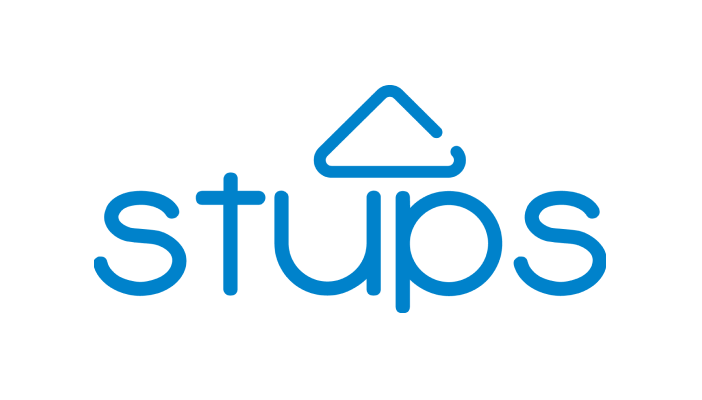
Student Participation without Borders (STUPS)
Project length: 32 months
Background
At the early stages of the Bologna Process, European leaders made an unprecedented political affirmation of the importance of student participation in the governance of higher education systems and institutions. The enhanced engagement of students became one of the principles of the European Higher Education Area (EHEA) and has been perceived as a political objective, substantial value and procedural principle at the same time. This idea was reflected in The Prague (2001), London (2007), and Yerevan (2015) Communiqués, among others.
Even so, student participation is currently far from the desired standards both in terms of quantity and quality, and the engagement of underrepresented and disadvantaged groups of students is almost non-existent. In order to promote good governance and inclusion, these challenges need to be addressed forthwith at the institutional, national and European level.
Aim of the project
Thus, the general objective of the project Student Participation Without Borders (STUPS) is to lay the foundations of a European network focusing on the development of new practices to promote student participation, with the aim of finding genuine solutions to one of the most pressing challenges of higher education.
To complete this goal, the specific objectives of the project seeks to increase and improve the knowledge of, cooperation in, training on and awareness of student participation, which is an invaluable source of social innovation. This is key to establish efficient governance and a more inclusive higher education system.
The target groups of STUPS are students, student leaders and students from underrepresented and disadvantaged backgrounds. Likewise, the project pays special attention to university managers with competence over student participation, inclusion and equality to engage in dialogue and raise awareness of the benefits of cooperation.
Consortium
The STUPS consortium consists of five members and is led by the University of Huelva (Spain). Other partners are the University of Évora (Portugal), the University of Applied Sciences of Upper Austria (Austria), the European Students’ Union (Belgium) and the Directorate of Evaluation and Accreditation of the Junta de Andalucía (Spain). Thus, a well-balanced and complementary team has been created, which includes three higher education institutions, a public agency for evaluation and accreditation of university activities, and the most representative student organisation in Europe with members from 40 countries of the EHEA.
The various activities to be carried out during the project seeks to promote a high level of participation and its mainstreaming, as well as to ensure the excellent quality of the results and achieve substantial impact. To this end, three groups of learning, teaching and training activities will be organized:
- A pilot test of student participation indexes;
- A simulation of MOOCs on student participation and soft skills;
- A workshop to stimulate participatory processes and integrated management.
The work method will be participatory, open and transparent, based on horizontal and multidirectional cooperation. The expected results are directly and indirectly related to each other and can be classified according to the priorities they address:
- Governance: Improved democratic functioning and the modernisation of management are expected as a result of enhanced student participation.
- More inclusive education systems through increased participation of underrepresented and disadvantaged groups in students’ decision-making processes.
- Social inclusion as a result of a more equitable and egalitarian culture of participation of local communities in line with the concept of social osmosis. In the long term, the project is expected to contribute to the increased awareness of students, managers and policymakers. In addition, the standardisation of a common analysis model of student participation and enhanced inclusion are anticipated thanks to the increased number of social leaders coming from disadvantaged backgrounds.
You can access more information about the project on its website and social media channels (Twitter and Instagram).
